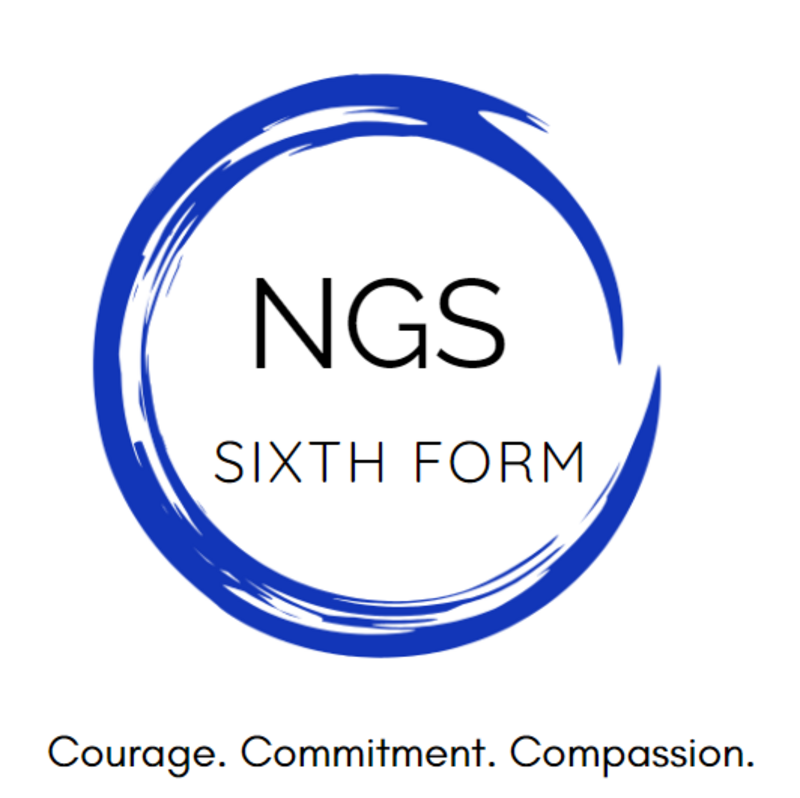
If you plan to study science or a medicine-related degree course at university, Biology is considered to be a rigorous subject and is one of the ‘facilitating subjects’ identified by the Russell Group universities. This makes it a good choice even if you do not wish to study science; it is widely accepted that sciences develop transferrable skills that are very much in demand. Many of our students go on to study subjects such as medicine, veterinary sciences, genetics, physiotherapy, biomedical sciences and biochemistry. Local employers also have a strong demand for A-Level students who do not wish to go to university and there is an excellent range of Biology-related apprenticeships available. The NHS employs biologists in a vast range of careers, including nursing, and offers apprenticeships, too. In Year 12 you will study topics such as the chemistry of biological molecules, cell structure, how substances are moved between cells and around organisms, as well as genetics. In Year 13 you will study topics such as how energy is transferred between organisms, the biochemistry of respiration and photosynthesis, how organisms maintain homeostasis as well as inheritance and DNA technologies. In addition you will complete 12 assessed practical experiments in lesson time, on which questions will be asked in the examinations at the end of each year. You will develop many transferrable skills such as analysis and forming evidence-based conclusions. For this you will be awarded a practical endorsement.
You need to have achieved a minimum of grade 7;7 in Combined Science GCSE, including grade 7s in your Biology modules, or a minimum of grade 7 in Biology GCSE, to be considered for this course.
In Year 12 you will complete an internal examination. In Year 13 you will sit three 2-hour examinations on both Year 12 and Year 13 content, which will determine your A-Level grade.
About Education Provider
| Region | South East |
| Local Authority | Windsor and Maidenhead |
| Ofsted Rating | Outstanding |
| Gender Type | Girls |
| Address | Farm Road, Maidenhead, SL6 5JB |
If you plan to study science or a medicine-related degree course at university, Biology is considered to be a rigorous subject and is one of the ‘facilitating subjects’ identified by the Russell Group universities. This makes it a good choice even if you do not wish to study science; it is widely accepted that sciences develop transferrable skills that are very much in demand. Many of our students go on to study subjects such as medicine, veterinary sciences, genetics, physiotherapy, biomedical sciences and biochemistry. Local employers also have a strong demand for A-Level students who do not wish to go to university and there is an excellent range of Biology-related apprenticeships available. The NHS employs biologists in a vast range of careers, including nursing, and offers apprenticeships, too. In Year 12 you will study topics such as the chemistry of biological molecules, cell structure, how substances are moved between cells and around organisms, as well as genetics. In Year 13 you will study topics such as how energy is transferred between organisms, the biochemistry of respiration and photosynthesis, how organisms maintain homeostasis as well as inheritance and DNA technologies. In addition you will complete 12 assessed practical experiments in lesson time, on which questions will be asked in the examinations at the end of each year. You will develop many transferrable skills such as analysis and forming evidence-based conclusions. For this you will be awarded a practical endorsement.
You need to have achieved a minimum of grade 7;7 in Combined Science GCSE, including grade 7s in your Biology modules, or a minimum of grade 7 in Biology GCSE, to be considered for this course.
In Year 12 you will complete an internal examination. In Year 13 you will sit three 2-hour examinations on both Year 12 and Year 13 content, which will determine your A-Level grade.